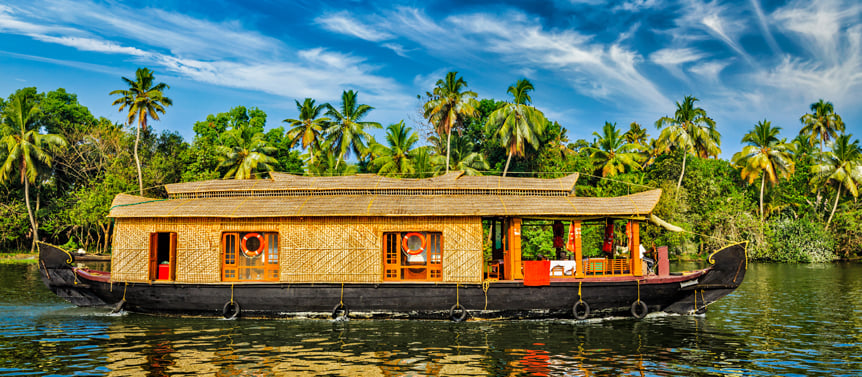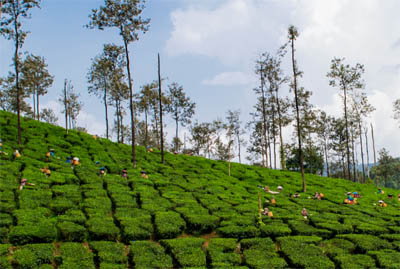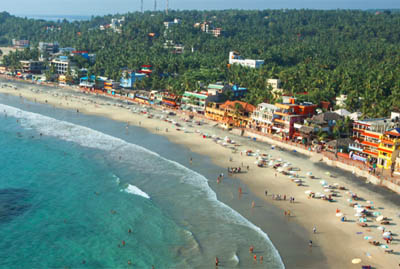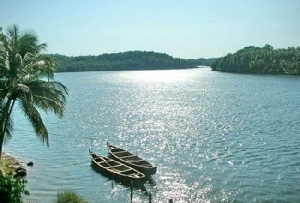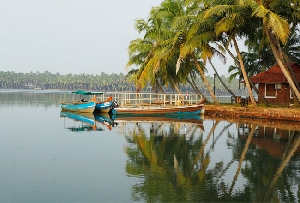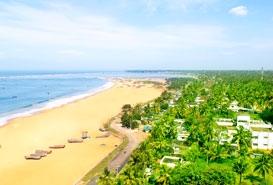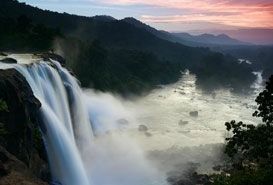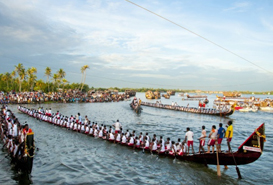Koothu Dance is a solo performance that comprises acting and dancing. This art form was developed as a part of the ancient tradition of Kerala’s well-known Sanskrit theater—’Koodiyattam.’
The term “Koothu” means’, which might seem like a misnomer since minimal choreography is involved in this art form, although facial expressions are important. Nevertheless, it is believed that “dance” might have played an integral part in the original form of this ancient art.
History of Koothu Dance Kerala
One of the oldest performing arts in Kerala, Koothu Dance, was traditionally performed by the Chakyar community in Kerala, that too only in the ‘Koothambalam’ (temple-theater) of temples. The audience was mostly restricted to upper-class Hindus.
Description of Koothu Dance Kerala
The Chakyar Koothu Dance is a mono-act performed by the male members of the Chakyar class. It is the traditional equivalent of a stand-up comic act, the only difference being that the performer is allowed greater freedom in the sense that he can mock the audience. The dancer narrates tales from the epics (based on Sanskrit texts), interprets them in Malayalam, and enlivens his narration with ‘Tandava’ dance rhythms, with gestures and postures that are apparently derived from the ‘Natya Sastra.’
What is the Nangiar Koothu Dance in Kerala?
The part of the Koothu Dance, performed only by the “Nangiars,” or the female members of the Chakyar community, is called Nangiar Koothu. It is a solo dance drama, with the plot centered mainly on Lord Krishna’s legends. Verses are sung and enacted through mime and dance, to the accompaniment of the percussion instrument, “mizhavu,” played by the Nambiar—the male members of the community, and the “kuzhi thailam'(cymbals), played by the Nangiar.
Where is the Koothu Dance enacted?
Nangiar Koothu Dance is still performed in some temples in Kerala like the
- Vadakkunnathan Temple at Thrissur
- Sri Krishna Temple at Ambalappuzha
- Koodalmanikyam Temple at Irinjalakuda
- Kumaranalloor Temple at Kottayam
If you are planning to enjoy Koothu dance in Kerala, then check out our Kerala tour packages.

